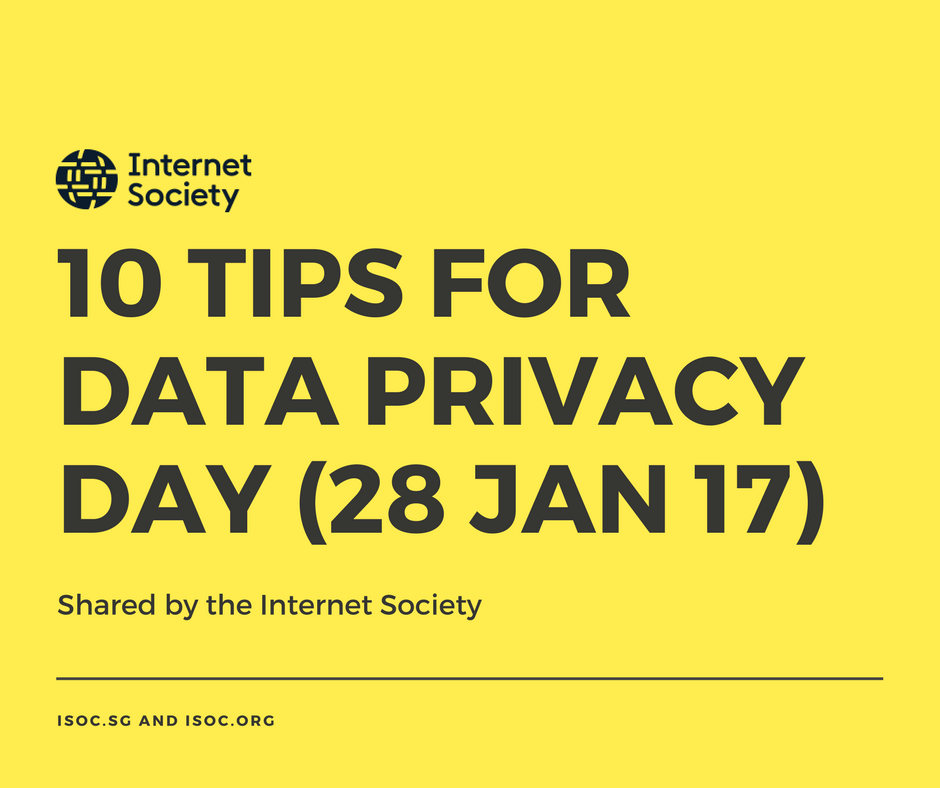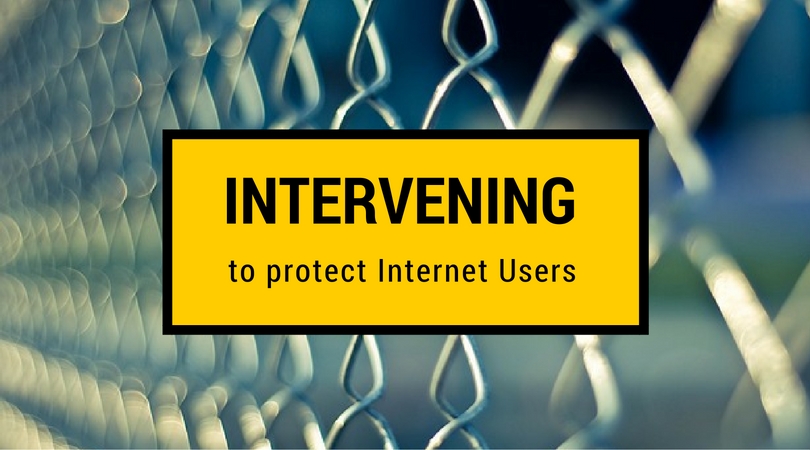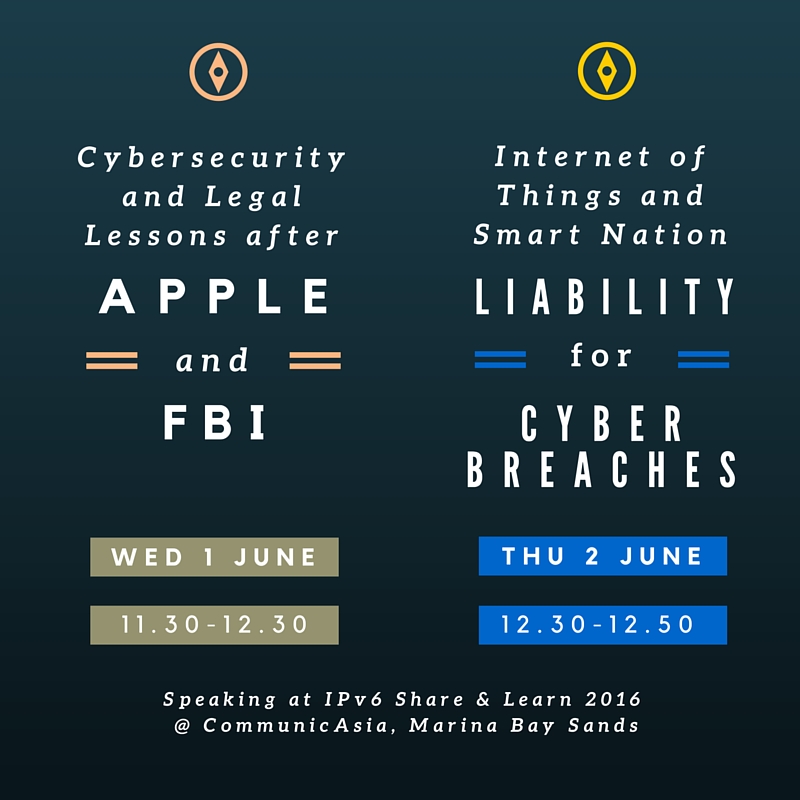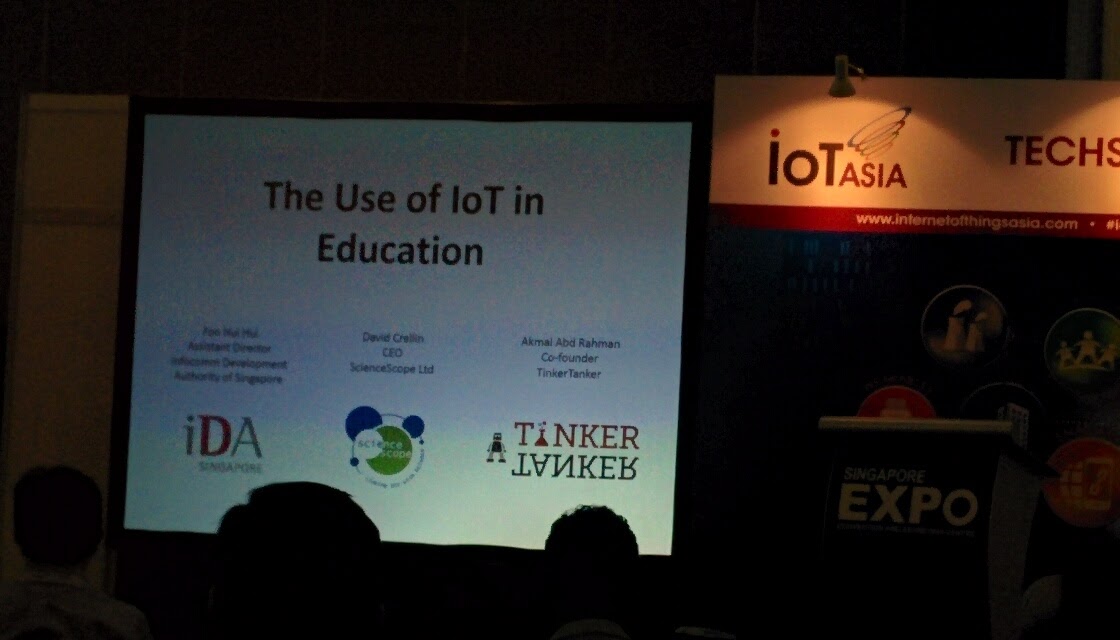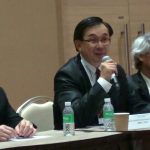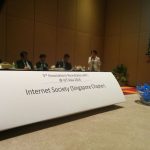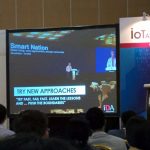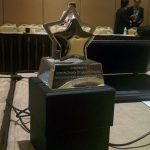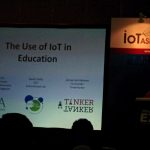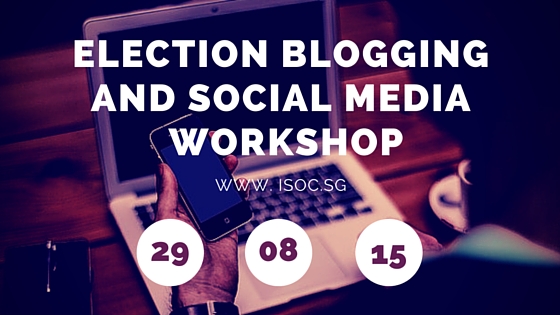
ISOC SG Net Neutrality Seminar and Discussion – 27 July 2016
This research into Net Neutrality in Singapore was sparked by an online advertisement: SingTel music plan allows you to pick from Amped, Spotify or KKBox or radio without further data charges. This is a zero-rated plan – plan that exempts data from counting against a user’s data cap, or from accruing any excess charges.
If you believe in Net neutrality – then ISPs should treat all data equally. ZR provides unfair advantages to certain content providers, certain ISPs, creates walled garden
History
2010 IDA consultation on N/N
2011 IDA issued N/N Paper
– fast lanes are permitted, no banning of throttling
– access to legitimate websites should not become unusable
2014 MWC
– Singtel called regulators to give ISP permission to charge Whatsapp
Parliament: Gerald Giam raised the question
MCI replied: ISPs are concerned with competition
Case studies
India – Facebook introduced Free Basics app and internet.org to provide free access to FB and 36 other sides in the app, optimized for feature phones, if they subscribe to certain operators
This raised concerns: users have limited view of internet chosen by FB
FB counter argument – target market was people in poverty who have no access anyway and did not know the benefits of the internet; it would be better to give them some form of access first, and full access was unsustainable for a private company
But Free Basics is now banned in India because India’s IT sector opposed
USA – T-Mobile binge-on plan provided ZR video content from a limited no of content providers
Resolution limited to 480p, unlimited streaming
common concerns: T-mobile might shape the environment
Unusual that it was praised for creating technical standards and in theory any content provider could stream on the Binge On Plan
Regional (S-E Asia)
ZR is a concern today – see the SingTel Amped ZR plan
FB is active in PH, TH, IN and Myanmar
MY provides access to FB, Whatsapp, Waze all under ZR plans
Net Neutrality in Singapore
Based on interviews by the researchers, who is closest to the purist (EFF) definition of Net Neutrality?
1. Civil Society (ISOC)
2. Industry players
3. IDA
Discussion in SG tends towards the fact that we have very good broadband infrastructure
IDA notes that there are 5 prominent ISPs – consumers can choose between them
Even industry players say SG has abundant bandwidth, no need to prioritize
ISOC view: many have accessibility to high-speed Internet so users can still get to the content; all were aware of negative concept of ZR but felt it was not an issue in SG
ISOC view: there should not be traffic prioritisation; there should not be ZR; but in Singapore it may not be an issue because of high bandwidth
IDA goals
– to ensure competition
– to ensure high speed, low latency
IDA considers ZR to be only a theoretical problem but not a real problem in SG, they are monitoring and will step in if there are complaints
Industry players argue that ISPs should be transparent.
ZR is a competition issue
ZR has different meanings in developed and non-developed countries
Conclusion
ZR has not been discussed much in Singapore
No -ve feedback from consumers
No noise from industry players
Is it really a problem for SG?
Q. Should the NN debate be driven by the outcome or the principle?
A. IDA says this is a theoretical problem, no one has complained yet!
Q. Why are we nonchalant about NN in SG?
A. IDA is aware, monitoring, they have broad powers, consumers not complaining
Q. What if ISPs start to slowly degrade and consumers are not aware?
A. We need to study this as there is no data available now
Q. Is it possible that there are startups who cannot get started because of throttling? Given that ISPs are also moving into content plays, will that mean that independent content startups are at disadvantage?
A. There are no complaints so far from start ups
Q. Can we practically measure throttling?no answer
A. No answer. If you can’t quantify a problem then we will struggle to convince the regulator
From the floor: Telefonika (Spain) 2014 wanted to charge $1 for Google because they lost SMS business
So now phone calls and text are free, but data packages cost more
Q: Does that amount to net economic benefit? Then there is no competition law issue.
A. We should have a project to measure ISP speed for different sites and apps
We should encourage ISPs to be like T-mobile and make it available to all content providers
Meeting concluded at 8:30 pm
Background of the Seminar / Discussion
[Posted previously]
Net Neutrality is a controversial issue in other countries, with Internet users (like you and me), Internet Service Providers, and governments, often disagreeing on whether they should treat all data on the Internet neutrally, or if they should charge different rates for different uses and users.
What does Net Neutrality mean in the Singapore context?
Would it benefit or hinder Internet use in Singapore?
Should some online services or users have priority or preferential (or heavier) pricing?
Is it time to review the official policies on Net Neutrality that were issued in 2011, before the exponential growth of streaming services like Netflix and Spotify?
Learn more about these issues and join the discussion at our event
NET NEUTRALITY – WILL IT WORK FOR SINGAPORE?
27 July 2016, 7 pm, at APAC Meeting Room, Red Hat Asia Pacific, 8 Shenton Way #10-00, AXA Tower, Singapore 068811
Agenda:
7.00 pm Registration and coffee
7.15 pm Briefing by TNG YING HUI and TAN MIN-WEI (Institute of Policy Studies)
7.45 pm Discussion and Q&A with GREG MITTMAN, CTO of MyRepublic, moderated by BRYAN TAN (Pinsent Masons MPillay)
9.00 pm End
Admission
Admission is free for members of the Internet Society
You can join the Internet Society when you register at the door
Register here
Send us an email at [email protected] to register for this event and to reserve your seat.
Speakers
Moderator BRYAN TAN is a partner at the law firm Pinsent Masons MPillay. Qualified in both England & Wales and Singapore, Bryan Tan practices in such areas as finance, information technology, telecommunications, biotechnology and bioinformatics, Chinese intellectual property, entertainment law, and corporate and commercial work. He advises corporates, banks, institutions as well as governments and has advised on acquisitions of software systems for hospitals, factories, banks, vessels and defence systems. Bryan has advised multinational technology companies and has also advised numerous start-ups in Southeast Asia and venture capitalists on funding, mergers & acquisitions and exits. His team closed 15 VC-related deals last year. Bryan was also legal advisor to the ASEAN Single Window project, a key initiative for ASEAN 2015. Bryan has also written eight text books on e-commerce, electronic evidence, data protection and higher education.
GREG MITTMAN has over 15 years experience in telecom and technology. He has valuable cross functional experience holding senior positions in business development, regional marketing, strategy, alliances, managed services and complex sales. He is presently Vice President and CTO of MYREPUBLIC, a Singapore-grown startup, which is the world’s first telecom company purpose-built for optical fibre NBNs (National Broadband Networks). MyRepublic now provides fast internet service to over 50,000 homes and businesses in Singapore.
TNG YING HUI is a Research Assistant in the Arts, Culture and Media cluster at the Institute of Policy Studies. Her research areas include Internet regulation and the impact of new media on politics. She has a master’s degree in International Studies from the Josef Korbel School of International Studies at the University of Denver. Before graduate school, she worked at CNBC. Her by-lines have appeared in the Asian Correspondent and Al Jazeera.
TAN MIN-WEI is a Research Assistant in the Politics and Governance Cluster at the Institute of Policy Studies, a think-tank dedicated to fostering good governance in Singapore through strategic policy research and discussion. He graduated with a Bachelor of Arts (Honours) in Politics from the University of Nottingham, and his research areas include Internet policy and regulation.




